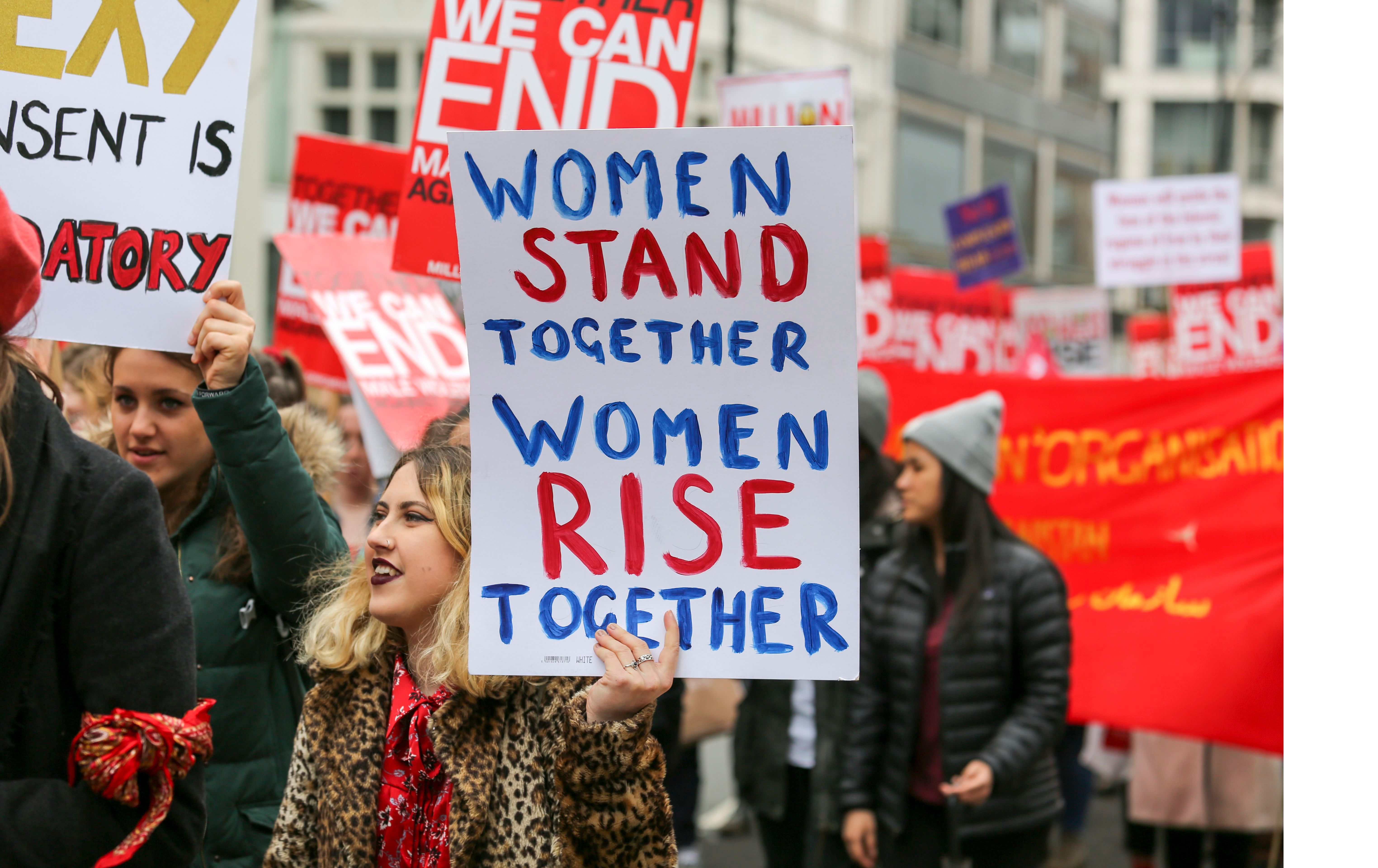As a feminist writer I find myself defending this position more than I find myself doing anything else.
And defeding radical feminism against this piece is no different.
The idea that feminism is only now becoming radical is an illusion. It has always been radical to assert a woman’s equality in our patriarchal society and it still is.
To refer to google’s definition of the ideology as the foundation which we should constantly be referring back to is dismissive of the hundreds of years of writing and activism that has defined feminism.
And on that note I’d like to argue that no feminism is not simply about equality.
Feminism is about how to achieve equality which means more than scrapping oppressive laws. It means taking actions to liberate oppressed groups of people and to empower disempowered demographics.
Sexism, racism, homophobia and all the other social justice buzzwords are so entrenched in the architecture of our society that empowering a woman looks like man-hating.
And no that doesn’t prove that feminists hate men. That a woman cannot be empowered without being accused of hating men only illustrates exactly how much society hates women.
Society’s hatred of women often manifests as gender-based violence. To argue that we should see perpetrators of this violence as “another category of people” is not only counter-productive but dangerous.
One of the things most talked about this year, especially in light of the #MeToo movement, is that people who commit sexual violence are not “other people” they are the people we interact with everyday.
But since we’re not listening to survivors I’ll reference statistics.
According to Rape Crisis England and Wales, one in five women experience sexual violence before they are 16 and 90% of them know their perpetrator personally.
That means that only 10% of rapes are committed by “another category of people”.
Given that sexual violence has one of the lowest conviction rates (5.7%) across all crimes it seems radically irresponsible to propose only looking at that 10%.
Perpetrators are not “another category of people” in black capes and scary masks.
They’re our friends, our boyfriends, our brothers, our fathers. No, not all of them but I think it’s more important to discuss the rape crisis than to constantly disclaim that not all men are the problem.
The fact that the prioritisation of the rape crisis is something radical is all the proof we need that we still need feminism.
One thing my opponent and I can agree on is that feminism should not demean women for identifying with typically feminine characteristics or embracing their sexuality.
Feminism should be about choice – that it should fight for the rights of a woman who wants to stay at home and look after her children as much as it fights for the independent working woman.
However, I do not agree that this is a symptom of modern feminism.
On the contrary, I would credit modern feminism for moving second wave feminism away from degrading women who do not fit a ‘feminist model’.
Like any ideology feminism is not perfect. Feminism’s self-awareness of this is evident throughout history with its constant shift in focus during its different waves.
Feminism is supposed to be disruptive and uncomfortable. It would not challenge our status quo if it wasn’t.
To propose a halt to an ideology that has and continues to empower individuals all over the world because it’s offending too many men seems more radical to me than anything else.
If it is radical to assert that women are equal, if it is radical to see that women have a historical disadvantage, if it is radical to act upon compensating for that disadvantage, if it is radical to confront the sexual violence problem for what it really is, then yes feminism is radical.
And no, we will not stop.


“Society’s hatred of women often manifests as gender based violence”. Do you know how ridiculous this sounds to anyone outside of your cult. There are some nasty, self-centred women, especially in England (less in Wales many know) and plenty of vile men. Nice people seek out nice people and where this is not possible make the best of things. You have clearly much to learn. Quick, life passes us by – try and understand what bitter people can never appreciate.
Radical feminist = formal misandrist